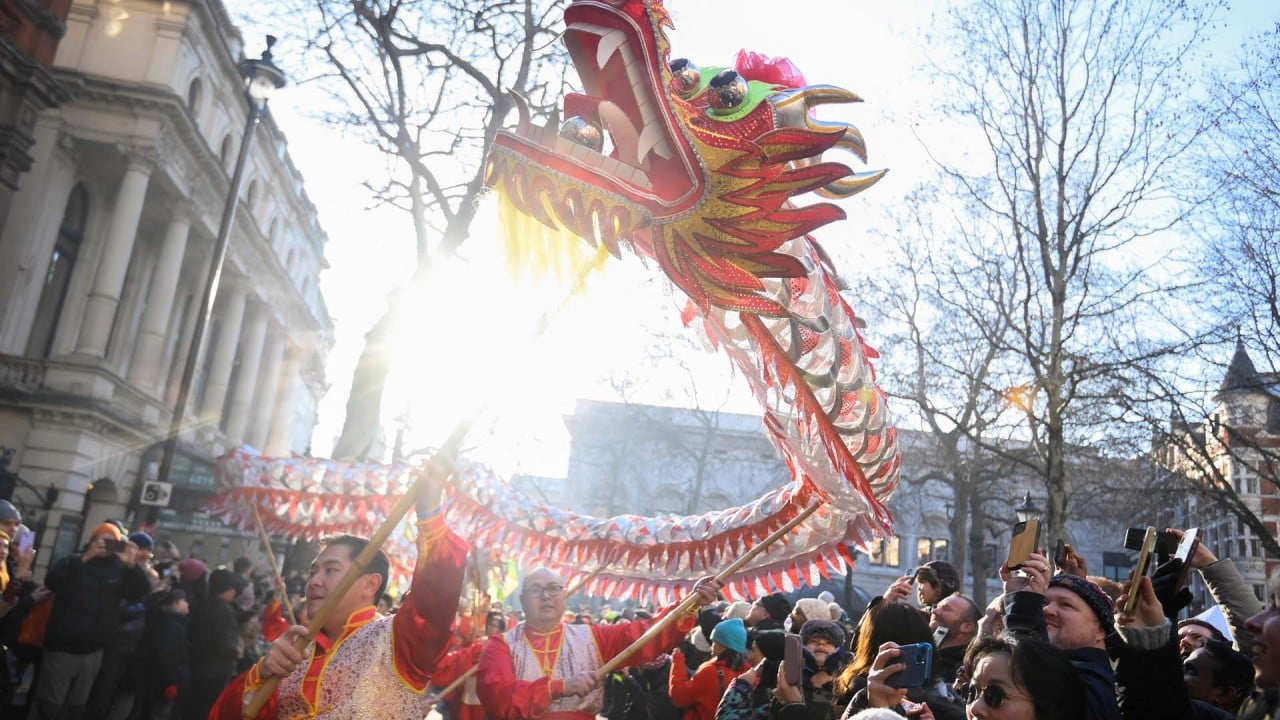
Lunar New Year greetings to China by countries shows its growing influence
- Many of the new year greetings from world leaders came from countries that either have deep ties with China or are seeking to deepen relations with Beijing
- This relatively new diplomatic custom only came into existence in the last 15 years, as Chinese state media started making their global presence felt
Sri Lankan President Ranil Wickremesinghe wished prosperity for China, while his prime minister Dinesh Gunawardena called Beijing a “true trustworthy friend” of Colombo.
The list also includes Cypriot president Nicos Anastasiades, Mauritian President Prithvirajsing Roopun, and Kiribati’s Taneti Maamau.
While Western government leaders and organisations sent out similar Lunar New Year messages, they appeared to be targeted at their own local Chinese communities or to ethnic Chinese worldwide.
It is unclear when the practice of foreign leaders sending Chinese festive greetings began, but anecdotal evidence suggests it started about 15 years ago, at a time when Chinese state media started making their global presence felt.
Media personnel with access to foreign leaders would often ask these dignitaries to extend new year greetings to their Chinese viewers and readers back home.
Why Vietnam is celebrating the Year of the Cat, not the Rabbit
During celebrations organised by Chinese embassies overseas, foreign leaders in attendance would also deliver greetings which would then be widely circulated in the Chinese media.
The message intended for Chinese viewers back home cannot be more clear: that China has risen and gained international stature.
It helps that some of these greetings are spoken in Mandarin – to varying degrees of proficiency – as this further accentuates the pride among many Chinese that their nation’s official language is gaining global prominence.
While creating warm fuzzy feelings in the hearts of one of the world’s most populous nations should not be discouraged, there is little doubt that the ongoing trend of sending these messages can be attributed to China’s growing importance as a global economic, political and diplomatic power.
It is unquestionably a credit to China and Chinese communities worldwide that its most important festival has attained global recognition and generated warm wishes.
While previously China may have had to and will continue to “solicit” these greetings, my guess is that these wishes will be forthcoming in the years to come even without solicitation. Happy year of the rabbit, with uniquely Chinese characteristics.


